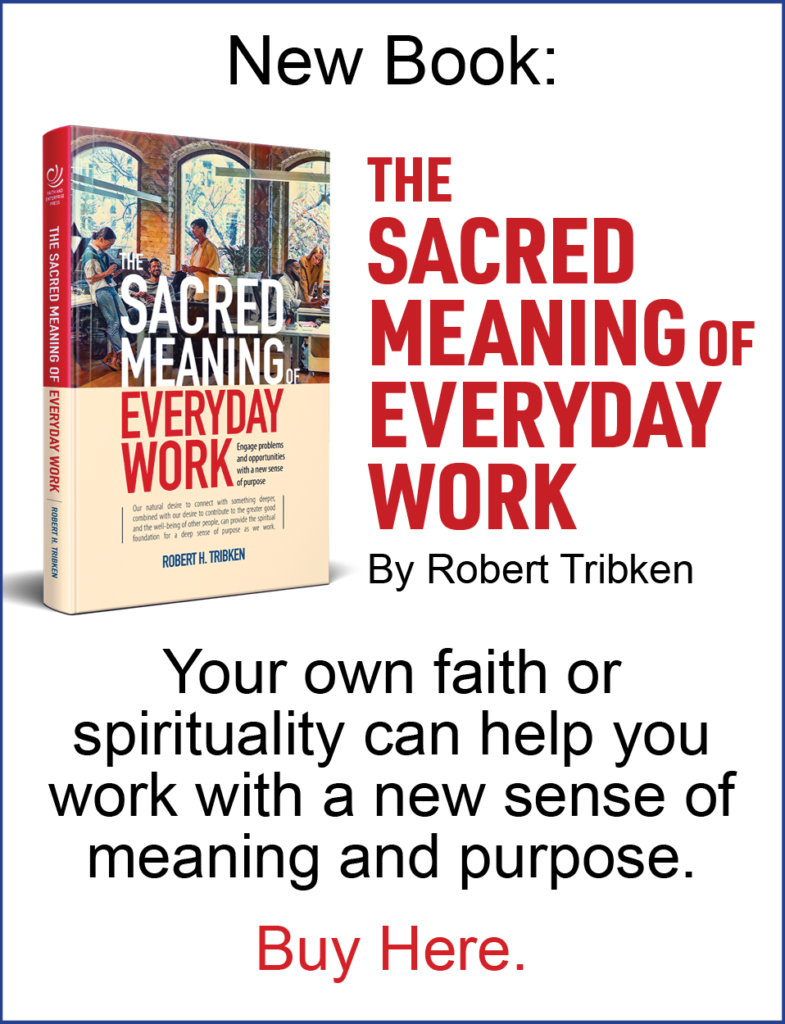Writing in the Harvard Business Review Online (The Busier You Are, the More You Need Silence), Justin Talbot-Zorn and Leigh Marz lay out the arguments for why busy people need more quiet time.
According to the authors, research shows that “taking the time for silence restores the nervous system, helps sustain energy, and conditions our minds to be more adaptive and responsive to the complex environments in which so many of us live, work and lead.” They provide selected references from both neuroscience and psychology.
The issue is not just environmental noise, but also being able to quiet the inner dialogue that keeps us from thinking more deeply and creatively.
They make a number of concrete recommendations involving ways to build more quiet time into our busy lives. These range from five minutes of meditation and reflection during the work day to longer quiet periods such as an afternoon spent in nature or a weekend meditation retreat.
In this article, Talbot-Zorn and Marz focus exclusively on the secular benefits of intentional silence, not the religious and spiritual. This is understandable given that they are writing for a general business audience; I might do the same.
But I think this exclusively secular approach leaves out an important aspect of intentional silence — the spiritual experience it sometimes evokes. I cannot prove it, but I would expect that most people who engage in regular periods of deliberate silence find that the most important aspects involve the occasional feeling of spiritual connection the practice sometimes seems to facilitate. The silence can sometimes seem like a sacred silence, opening us up to a reality beyond the ordinary. I would guess that most people think of this in theistic terms, maybe even hoping to experience a deeper sense of connection with God. But even if one is non-theistic (a classical Buddhist, for example), it can still be the spiritual aspect of the silence that seems to be the most powerful.
That is not to say that the neurological and psychological aspects are not important; they most certainly are, and I believe Talbot-Zorn and Marz are correct about their value. But there is something about practicing intentional silence that, at its best, sometimes seems to connect us to a greater reality, and this experience can prepare us to return to our work lives with renewed strength and wisdom.


